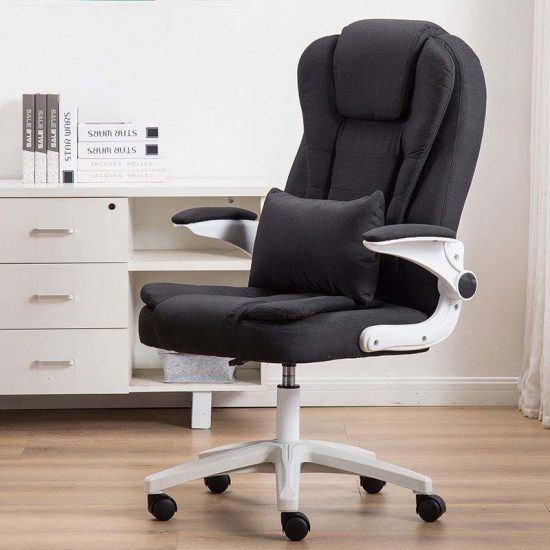1. Types of Casters:
- Casters come in various types, including swivel casters, rigid casters, locking casters, and specialty casters designed for specific applications.
2. Wheel Materials:
- Caster wheels are made from different materials to suit various environments and applications. Common wheel materials include rubber, polyurethane, nylon, metal, phenolic resin, and pneumatic (air-filled) wheels.
3. Weight Capacity:
- Each caster has a specified weight capacity that represents the maximum load it can safely support. Ensure that you choose casters that can handle the weight of your equipment or furniture.
4. Wheel Diameter:
- The size of the caster wheel impacts mobility and load distribution. Larger wheels are better at rolling over obstacles and uneven surfaces.
5. Mounting Options:
- Casters can be mounted using different methods, such as plate casters (with a flat base), stem casters (with a stem that inserts into a socket), and threaded stem casters (with threaded stems for attachment).
6. Swivel vs. Rigid Casters:
- Swivel casters can rotate 360 degrees, providing excellent maneuverability in any direction. Rigid casters do not swivel and move only in a straight line. Often, a combination of both is used for enhanced mobility and stability.
7. Brakes:
- Casters can have brakes to lock the wheel or prevent swiveling. Brake options include wheel brakes, total lock brakes, and directional locks.
8. Environmental Considerations:
- Assess the environment in which the casters will be used. Consider factors like moisture, chemicals, temperature, and cleanliness when choosing the right casters.
9. Noise and Floor Protection:
- Some wheel materials are quieter than others, and they can also protect flooring surfaces from damage. Rubber and polyurethane wheels are often chosen for their noise-reducing and floor-protecting qualities.
10. Specialty Casters: – There are casters designed for specific applications, such as high-temperature casters, stainless steel casters for hygiene-sensitive environments, and heavy-duty casters for industrial applications.
11. Maintenance and Durability: – High-quality casters require less maintenance and have a longer lifespan. Investing in well-made casters can save you time and money in the long run.
12. Caster Safety: – Ensure that the casters you choose are suitable for the intended application and adhere to safety standards. Inappropriate casters can lead to accidents and damage.
13. Expert Consultation: – If you have any doubts or need assistance in selecting the right casters, consult with caster specialists or suppliers. They can provide recommendations based on your specific needs.
Remember that selecting the right casters is crucial for the efficient and safe movement of your equipment or furniture. By considering the factors mentioned above, you can make informed decisions when choosing casters that best match your specific requirements and applications.
= 

